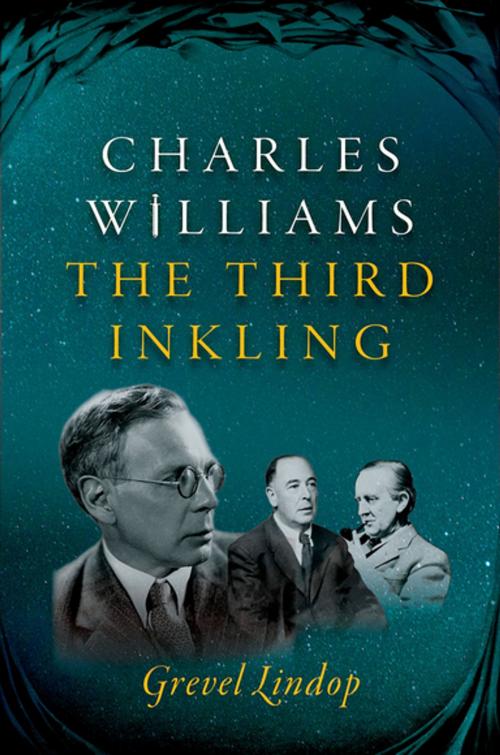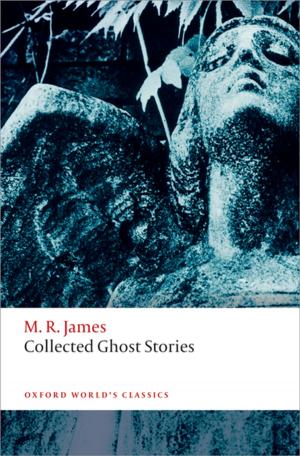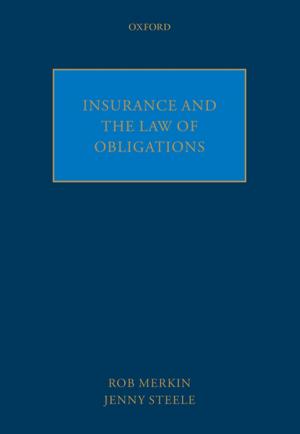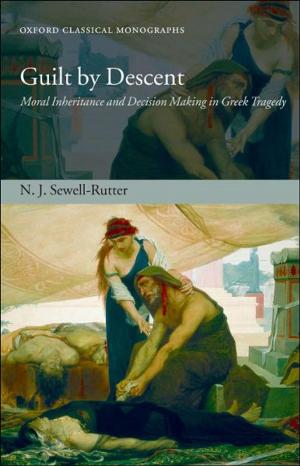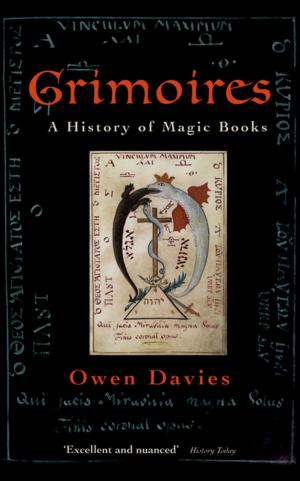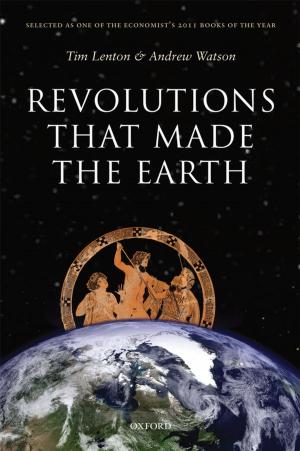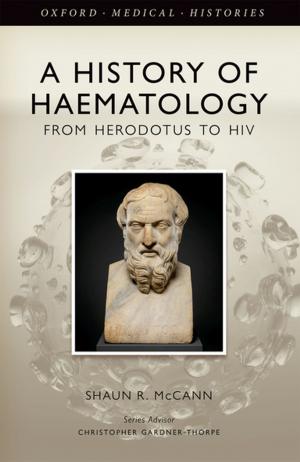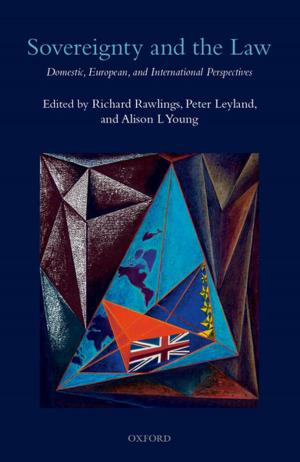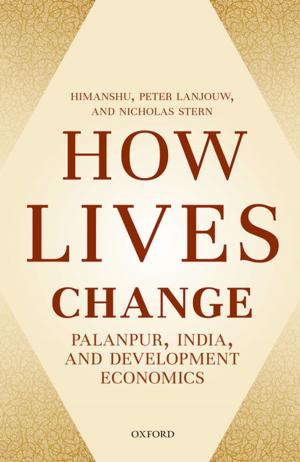Charles Williams
The Third Inkling
Fiction & Literature, Literary Theory & Criticism, Biography & Memoir, Nonfiction, History| Author: | Grevel Lindop | ISBN: | 9780191063121 |
| Publisher: | OUP Oxford | Publication: | October 29, 2015 |
| Imprint: | OUP Oxford | Language: | English |
| Author: | Grevel Lindop |
| ISBN: | 9780191063121 |
| Publisher: | OUP Oxford |
| Publication: | October 29, 2015 |
| Imprint: | OUP Oxford |
| Language: | English |
This is the first full biography of Charles Williams (1886-1945), an extraordinary and controversial figure who was a central member of the Inklings—the group of Oxford writers that included C.S. Lewis and J.R.R. Tolkien. Charles Williams—novelist, poet, theologian, magician and guru—was the strangest, most multi-talented, and most controversial member of the group. He was a pioneering fantasy writer, who still has a cult following. C.S. Lewis thought his poems on King Arthur and the Holy Grail were among the best poetry of the twentieth century for 'the soaring and gorgeous novelty of their technique, and their profound wisdom'. But Williams was full of contradictions. An influential theologian, Williams was also deeply involved in the occult, experimenting extensively with magic, practising erotically-tinged rituals, and acquiring a following of devoted disciples. Membership of the Inklings, whom he joined at the outbreak of the Second World War, was only the final phase in a remarkable career. From a poor background in working-class London, Charles Williams rose to become an influential publisher, a successful dramatist, and an innovative literary critic. His friends and admirers included T.S. Eliot, W.H. Auden, Dylan Thomas, and the young Philip Larkin. A charismatic personality, he held left-wing political views, and believed that the Christian churches had dangerously undervalued sexuality. To redress the balance, he developed a 'Romantic Theology', aiming at an approach to God through sexual love. He became the most admired lecturer in wartime Oxford, influencing a generation of young writers before dying suddenly at the height of his powers. This biography draws on a wealth of documents, letters and private papers, many never before opened to researchers, and on more than twenty interviews with people who knew Williams. It vividly recreates the bizarre and dramatic life of this strange, uneasy genius, of whom Eliot wrote, 'For him there was no frontier between the material and the spiritual world.'
This is the first full biography of Charles Williams (1886-1945), an extraordinary and controversial figure who was a central member of the Inklings—the group of Oxford writers that included C.S. Lewis and J.R.R. Tolkien. Charles Williams—novelist, poet, theologian, magician and guru—was the strangest, most multi-talented, and most controversial member of the group. He was a pioneering fantasy writer, who still has a cult following. C.S. Lewis thought his poems on King Arthur and the Holy Grail were among the best poetry of the twentieth century for 'the soaring and gorgeous novelty of their technique, and their profound wisdom'. But Williams was full of contradictions. An influential theologian, Williams was also deeply involved in the occult, experimenting extensively with magic, practising erotically-tinged rituals, and acquiring a following of devoted disciples. Membership of the Inklings, whom he joined at the outbreak of the Second World War, was only the final phase in a remarkable career. From a poor background in working-class London, Charles Williams rose to become an influential publisher, a successful dramatist, and an innovative literary critic. His friends and admirers included T.S. Eliot, W.H. Auden, Dylan Thomas, and the young Philip Larkin. A charismatic personality, he held left-wing political views, and believed that the Christian churches had dangerously undervalued sexuality. To redress the balance, he developed a 'Romantic Theology', aiming at an approach to God through sexual love. He became the most admired lecturer in wartime Oxford, influencing a generation of young writers before dying suddenly at the height of his powers. This biography draws on a wealth of documents, letters and private papers, many never before opened to researchers, and on more than twenty interviews with people who knew Williams. It vividly recreates the bizarre and dramatic life of this strange, uneasy genius, of whom Eliot wrote, 'For him there was no frontier between the material and the spiritual world.'
